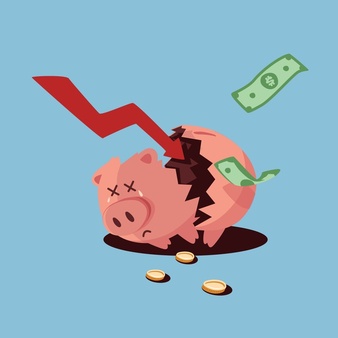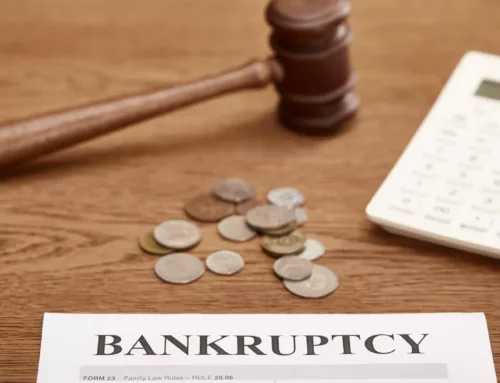The bankruptcy process can be long and complicated. One of the first few steps debtors must take, apart from contacting a reliable bankruptcy law firm and undergoing bankruptcy counseling, is to take the means test. The latter is crucial when filing for bankruptcy.
Take note that not everyone is qualified for debt-settlement through bankruptcy Chapter 7. One’s monthly income, expenditure, and family size are all taken into account. If a debtor has enough means to repay outstanding debts from his or her creditor list, he or she will not be qualified for a bankruptcy declaration.
This specific bankruptcy procedure is required for consumer bankruptcy, or those involving credit card debts and medical debts, and not for business bankruptcy.
With the help of experienced bankruptcy attorneys, individuals having trouble paying off creditors must fill out the paperwork and supporting documents required by the bankruptcy court. This is a very important aspect of your would-be Chapter 7 bankruptcy case.

Keep in mind that the types of debt one have will determine the types of bankruptcy appropriate for him or her. Bankruptcy law can be confusing but can be explained in ample detail by a good bankruptcy attorney.
If you are looking into the possibility of having unsecured debt discharged, a Chapter 7 bankruptcy proceeding could indeed be an ideal debt-relief option. Credit card debt, medical bills, and other unsecured debts are dischargeable (meaning they can be part of the bankruptcy discharge) under liquidation bankruptcies.
Individuals who want to declare bankruptcy under Chapter 7 but have a high disposable income may try to take the means test again after six months. Alternatively, if you need to file for bankruptcy as soon as possible, you should seriously consider a reorganization bankruptcy petition.
Some individuals filing for bankruptcy, who specifically want to stop foreclosure and repossession or keep certain property, opt for restructuring instead. Filing for bankruptcy under Chapter 13 would allow you to restructure debts and pay back most of what you owe through a repayment plan. In these bankruptcy proceedings, the payment plan for what is owed must be submitted to the court for approval, and would likely run for three or five years.
Regardless of the filing chapter, rebuilding credit after bankruptcy can be quite a challenge. Having secured loans and secured credit cards, however, can help counter the presence of bankruptcy filing on one’s credit report. Hands-on bankruptcy lawyers can help you make your decision and explain the implications of specific bankruptcy cases.
If you are bankrupt and wish to clarify any of the above, contact us at Hammerschmidt, Stickradt, and Associates and speak to an experienced bankruptcy lawyer.



